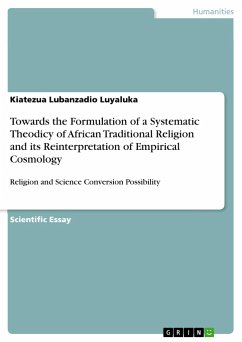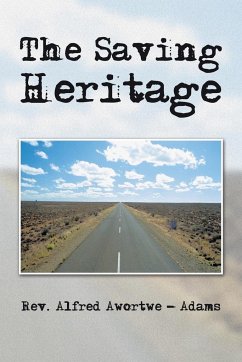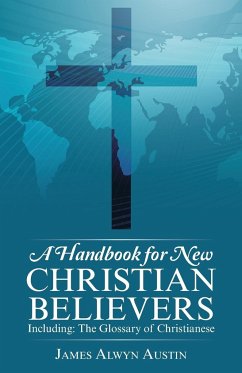
The Empirical Science of Religious Education
Versandkostenfrei!
Versandfertig in 1-2 Wochen
117,99 €
inkl. MwSt.
Weitere Ausgaben:

PAYBACK Punkte
59 °P sammeln!
The Empirical Science of Religious Education draws together a collection of innovative articles in the field of religious education which passed the editorial scrutiny of Professor Robert Jackson over the course of his impactful fourteen year career as editor of the British Journal of Religious Education. These articles have made an enormous contribution to the international literature establishing of the empirical science of religious education as a research field. The volume draws together, organises and illustrates the contours of this emerging field and is an essential compendium which cov...
The Empirical Science of Religious Education draws together a collection of innovative articles in the field of religious education which passed the editorial scrutiny of Professor Robert Jackson over the course of his impactful fourteen year career as editor of the British Journal of Religious Education. These articles have made an enormous contribution to the international literature establishing of the empirical science of religious education as a research field. The volume draws together, organises and illustrates the contours of this emerging field and is an essential compendium which covers work in: teacher education and teacher experience; student understanding, attitudes and values; varieties of religious schooling, and; worldview and life interpretation Organised into ten thematic sections the contributors cover the field comprehensively and bring with them an international and reflexive approach to their research. It is an essential resource for those practitioners and researchers who wish to access original and innovative research undertaken by way of ethnographic fieldwork, practitioner research, life-history approaches to research, psychological scales and measures, and large surveys. Particularly interested readers will be studying PGCE and masters level programmes in religious education, as well as qualified religious educators undertaking continuing professional development.













